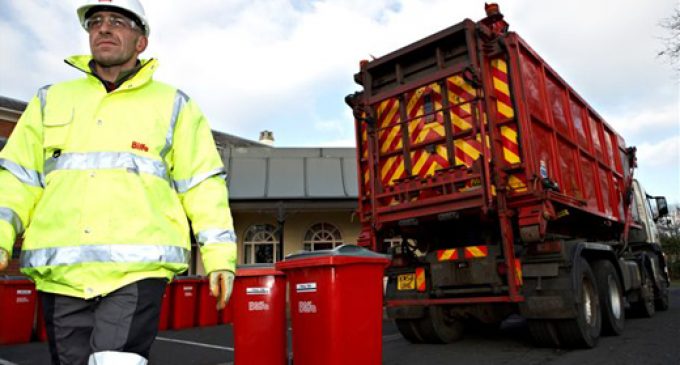Sainsbury’s Becomes Largest UK Retail User of AD

Sainsbury’s has become the UK’s largest anaerobic digestion (AD) retailer after signing a ground breaking deal with Biffa, the waste management specialist. The three year deal means all food waste from Sainsbury’s will be sent to AD plants around the country. The deal will see food waste collected from Sainsbury’s distribution centres across the UK, then processed to produce renewable energy to power homes and businesses. None of the food waste from Sainsbury’s supermarkets is sent to landfill, but some of it goes to other waste from energy processes. This new deal will ensure all of it is sent for AD.
Neil Sachdev, Sainsbury’s property director, says: “Anaerobic digestion is the most efficient way to create energy from waste, so this new contract means our food waste is being put to the best possible use. It has taken quite some time for us to get into a position where we are able to send all of our food waste to AD due to a lack of facilities in the UK. However, I am pleased to see that the waste industry is catching up with demand for this green technology.”
John Casey, director of engineering and quality at Biffa, remarks: “Anaerobic digestion is a key means of dealing with food waste – it is taking food that could once only be sent to landfill and turning it into something of value.”
Every year, the UK throws away around 15 million tonnes of food waste (source: Defra/WRAP) and it is thought that around half of this comes from businesses. Much of this food waste is currently sent to landfill sites where it breaks down into methane and carbon dioxide, both powerful greenhouse gases that contribute significantly to climate change.
Some of Sainsbury’s waste will be sent to Biffa’s ‘super’ AD plant in Staffordshire, which is the biggest in the UK, processing up to 120,000 tonnes of food waste from homes and businesses every year. The facility was launched in June and has already started to produce energy. At full capacity it is expected to produce renewable energy to power up to 10,000 homes. A soil improver is also produced that can be used in the same way as compost.
It is the latest in a long line of commitments from Biffa to handle more of the UK’s food waste. It forms part of Biffa’s expanding network of AD plants and follows on from the launch of its National Food Waste Recycling Service for businesses earlier in the year.
Sainsbury’s limits the amount of food waste it produces through good stock control and accurate sales forecasting, whilst any surplus food which isn’t sold (but is still fit for consumption) is sent to local charities and organisations such as FareShare, who redistribute the supplies. Food that cannot be consumed is collected by Biffa and processed to generate energy.

































